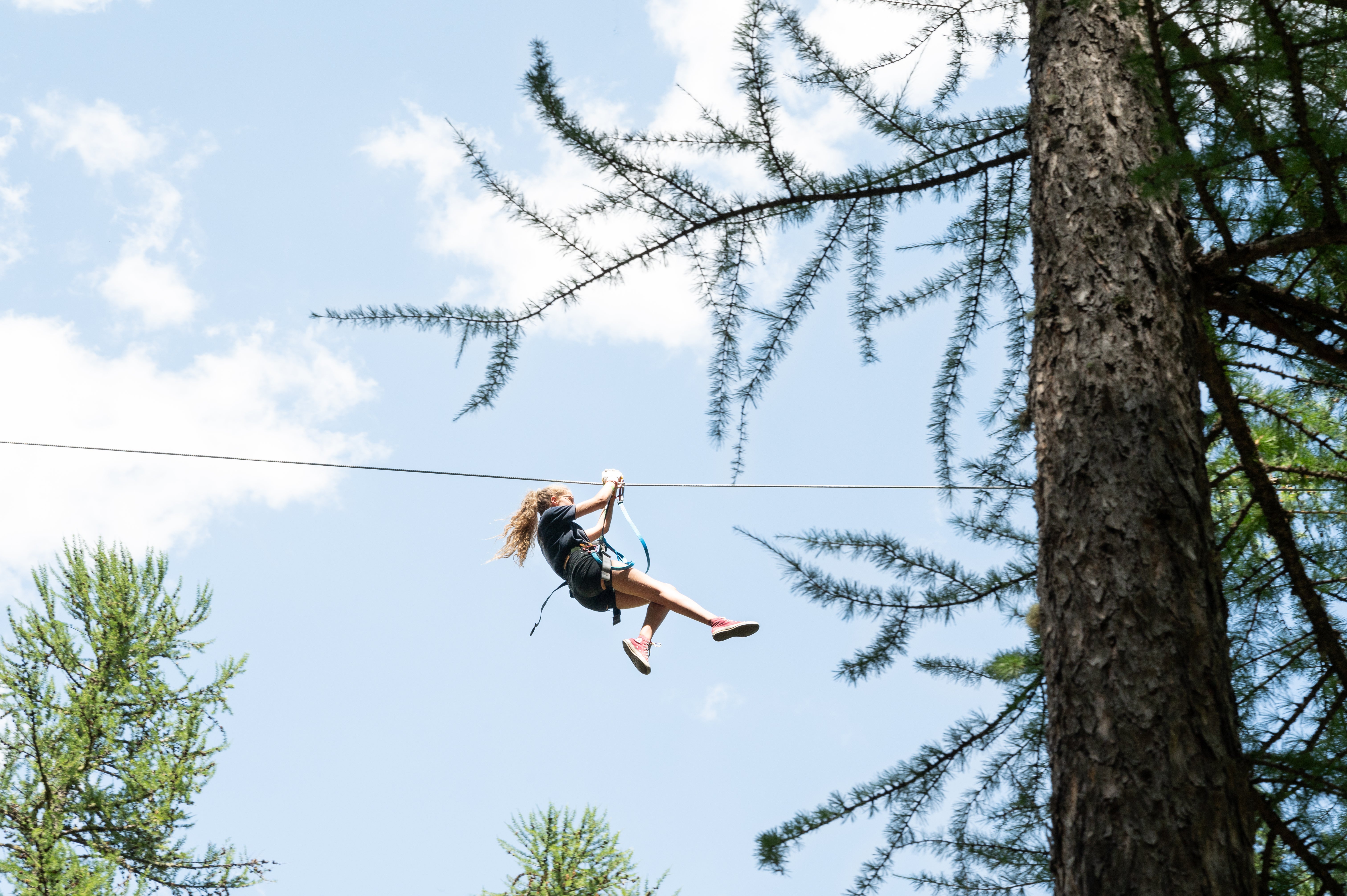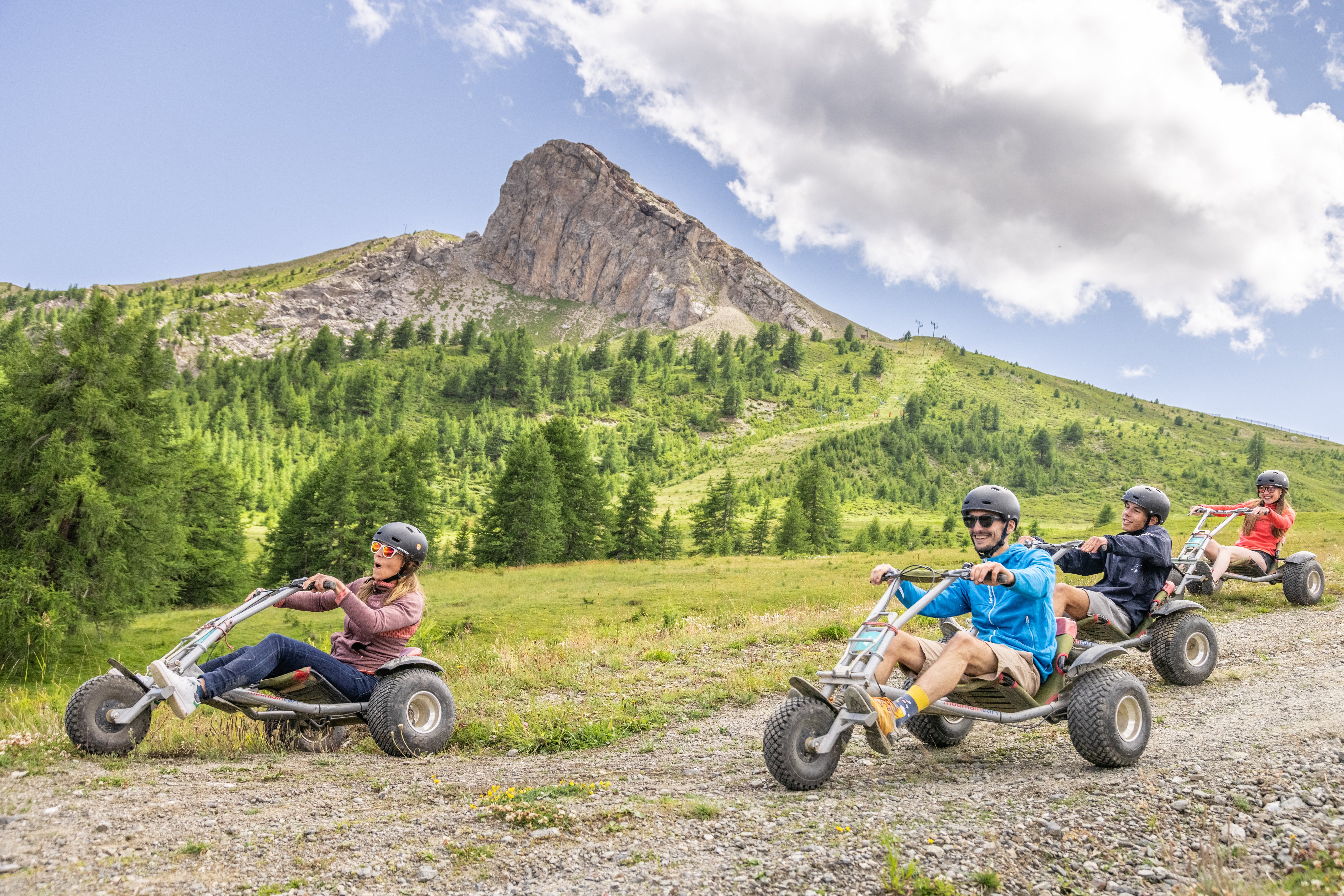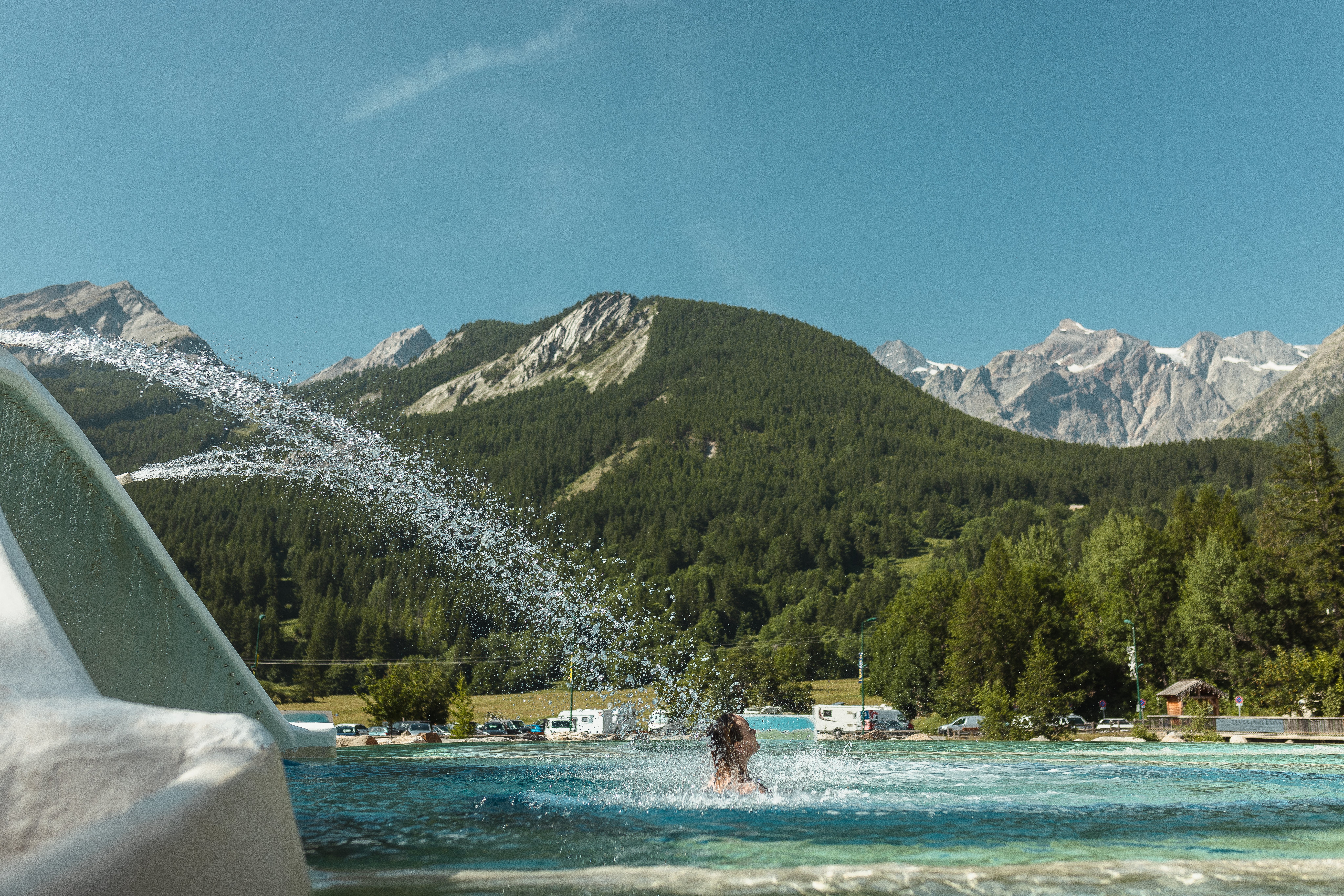How to plan a flight-free summer trip to the Alps
After a winter of soupy slopes, paltry snow and sweating skiers wearing T-shirts, is it time to switch up our ski holidays? Anna Richards recommends hitting the mountains during the summer instead


Your support helps us to tell the story
This election is still a dead heat, according to most polls. In a fight with such wafer-thin margins, we need reporters on the ground talking to the people Trump and Harris are courting. Your support allows us to keep sending journalists to the story.
The Independent is trusted by 27 million Americans from across the entire political spectrum every month. Unlike many other quality news outlets, we choose not to lock you out of our reporting and analysis with paywalls. But quality journalism must still be paid for.
Help us keep bring these critical stories to light. Your support makes all the difference.
Waking up in the mountains is always magical; drawing the curtains feels like looking at a green screen of supersized, digitally enhanced peaks. Living just over an hour from the French Alps means I’m fortunate enough to go regularly, but most of my recent trips have been part of an effort to hone my (shaky) skiing skills, hoping that I don’t take anyone out, Gwyneth-style.
Briancon, in the Serre Chevalier Valley, is the highest city in France. It looks remote, but a direct sleeper-train service from Paris means that visiting Brits can quite literally leave the office and wake up the next morning in the mountains. From my home in Lyon, the journey was a little less glamorous as I sat sardine-like in the middle seat of a carshare.
In the face of climate change, skiing is increasingly polemical. Chairlifts guzzle energy faster than a group of thirsty Brits consumes demi-peches (one ski lift uses approximately the same energy in a month as it takes to power 3.8 houses for a year); diesel-belching groomers ready the slopes each night, and often trees are chopped down to create room for runs. Brown bears have been all but eradicated in the Alps, and a quarter of Alpine flowers are at risk of imminent disappearance. One would be justified in thinking the ski industry has had its day, but do we just need to mix up our mountain activities?

Serre Chevalier has been breaking tradition since 1941 when, in the midst of the Second World War, the valley installed France’s first mechanical ski lift. It’s been modernised many times over the subsequent 80-odd years, but no glow-up was quite so great as in 2019, when the lifts got their first shell of solar panels. Designed by local entrepreneur Xavier DuPort, who owns Sunwind, they’re virtually invisible to the eye and, combined with wind and hydroelectric turbines, have reduced the lifts’ energy consumption by 8.5 per cent (although it’s hoped this will increase to 30 per cent by the end of the year).
Read more on France travel:
Unlike many of the others in our gondola, we won’t be skiing back down the mountain. Mountain karts await us, three-wheeled tricycles that barely look sturdier than the Fisher Price model I once freewheeled around my primary school playground. Downhill they go at a whack, and I almost turtle my trike several times. It’s exhilarating, childish fun, and kart tours are available in summer, too.
Fortunately we don’t need to pedal uphill again. The karts clip on to the ski lifts, and we follow them up, this time to descend with a bird’s eye perspective, suspended from a zipline. A radar records my speed as I pass – 97km per hour (60mph), probably three times what I’ve ever achieved as a novice skier.

The changing face of the mountains is the subject of frank discussion and worry here. Unlike many resorts, which all but shut down out of season, Serre Chevalier Valley is home to more than 16,000 permanent residents, who want to protect their home. Back with our feet on level ground, we visit the geothermal spas at Le Monetier-les-Bains. I’d expected a hedonistic afternoon of wallowing surrounded by bleached mountain peaks, mind happily blank. Instead, my interest is piqued by the spa’s new project – Les Grand Bains has built pipes between its thermal waters and houses in the village. The project is in its infancy, but they hope it will heat 4,000 homes.
We make the journey by road to Les Saisies, but for visiting Brits, a TGV (high-speed train) runs between Paris and nearby Albertville, a 30-minute bus ride away. Downhill skiing plays second fiddle to cross-country skiing here, which requires far less infrastructure and habitat destruction.
Snowy backdrops aren’t reserved for the winter visitors. Les Saisies may be comparatively low at 1,657m, but framing the resort is the undisputed giant of the Alps: Mont Blanc. Local guide Helene Durand specialises in forest walks and yoga sessions facing this iconic 4,807m peak, and we wind through the woods to reach a ramshackle old shepherd’s hut and a flattish patch of land – ready for our sun salutations. There’s no need for incense or sound bowls in this class: the scent of pine and the sound of the wind through the trees are far more transportative. As a reluctant yogi, I’m surprised to find myself connect with this practice far more than I ever have in a studio.

My trips to the Alps have historically been defined by two activities: skiing in winter and hiking in summer. But this trip showed me that I’ve barely scratched the surface in terms of the activities the Alps offer; and they don’t have to cost the earth.
Travel essentials
Getting there
Travel to Serre Chevalier flight-free by taking the Eurostar to Paris, followed by the Intercites de Nuit sleeper train to Briancon.
Staying there
The Le Grand hotel is virtually on top of the ski lift in Serre Chevalier.
Read more of our best Paris hotel reviews
Join our commenting forum
Join thought-provoking conversations, follow other Independent readers and see their replies
Comments